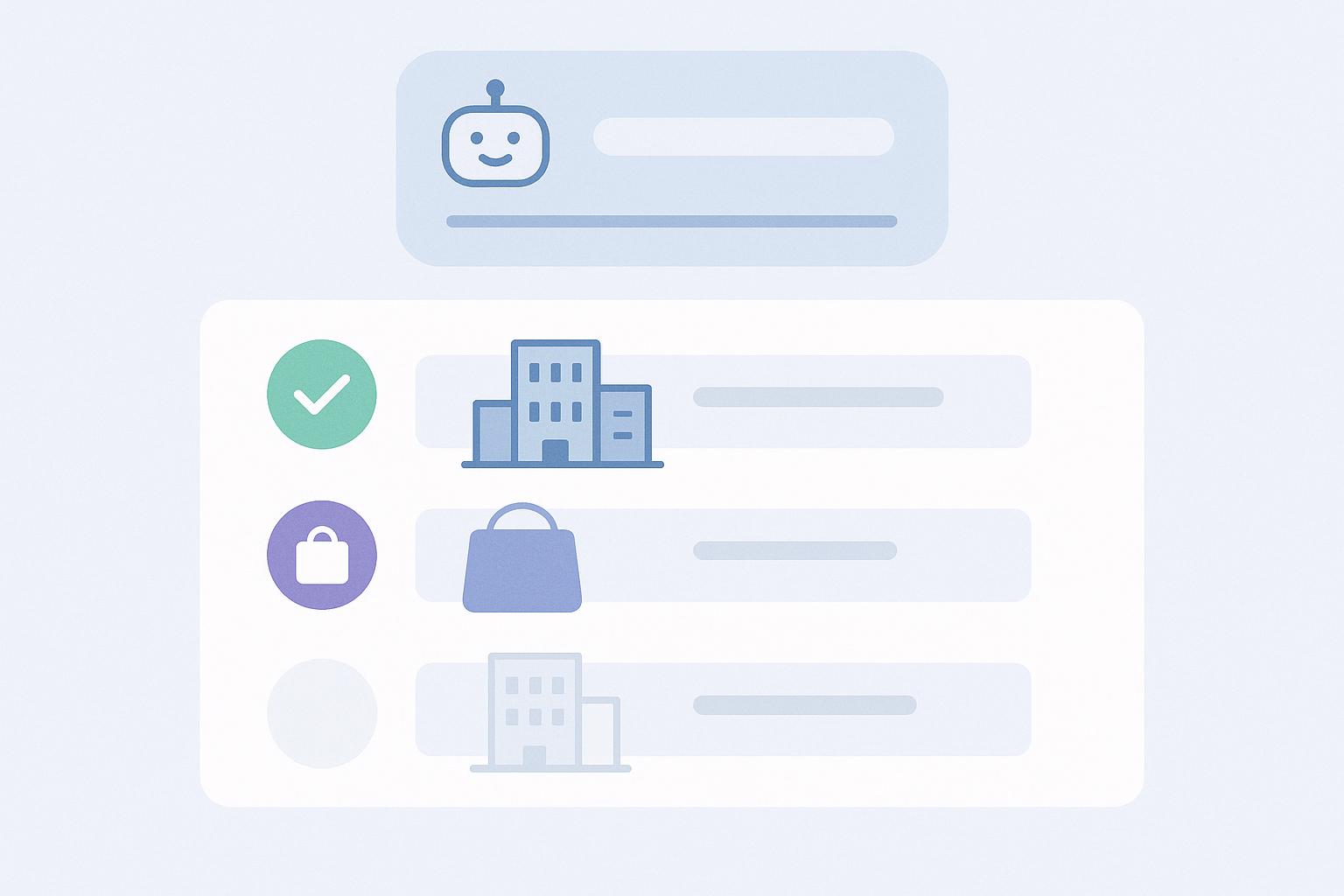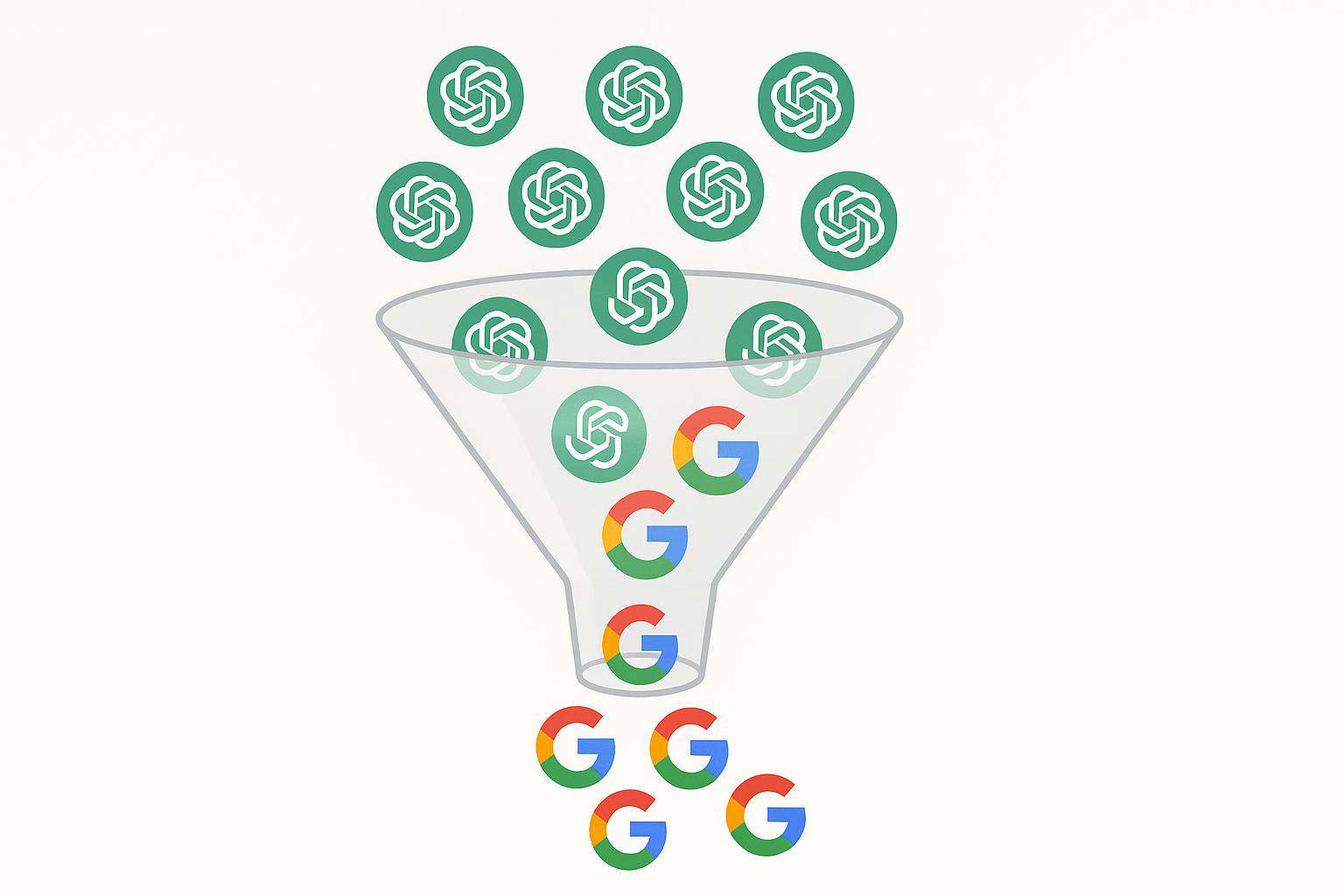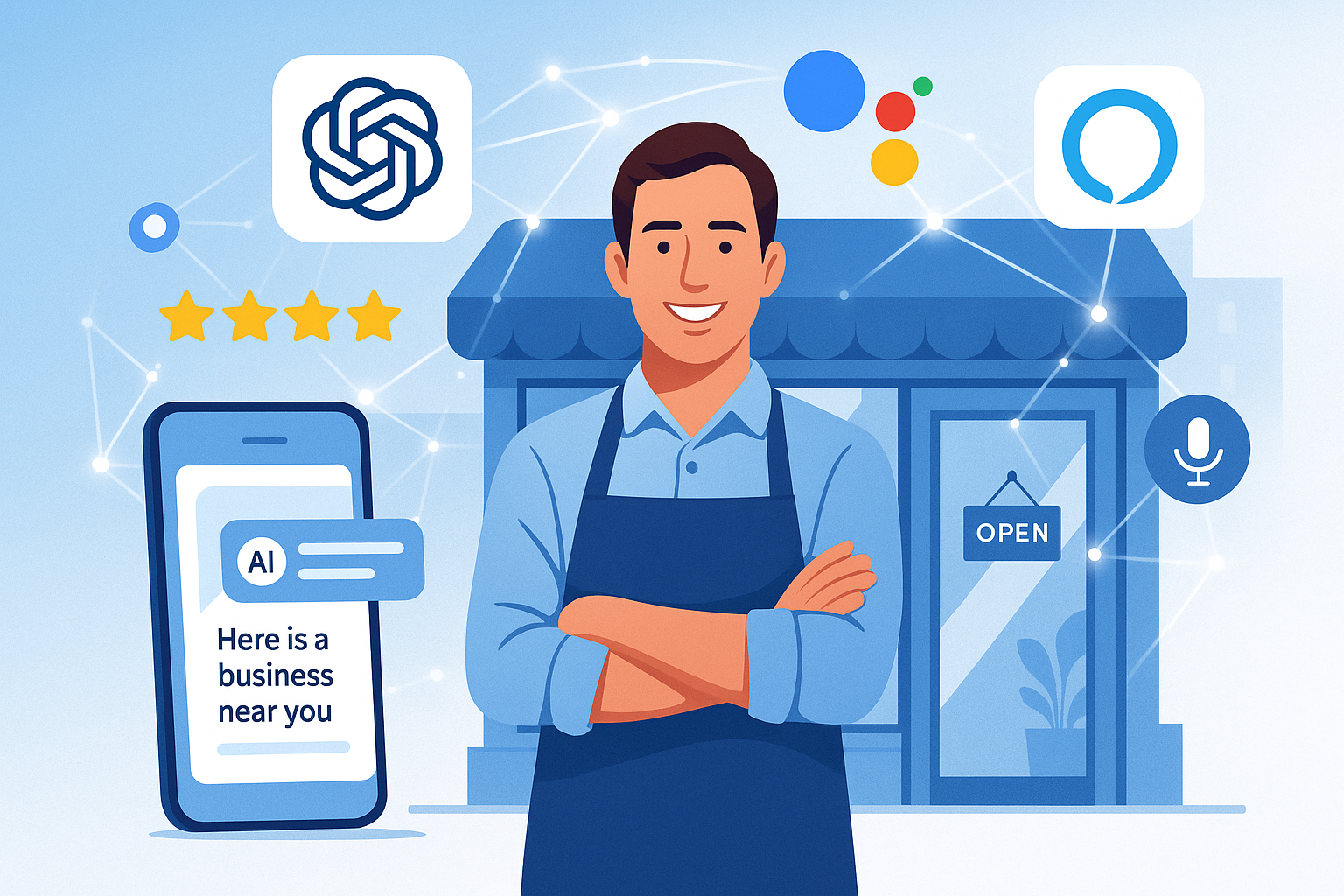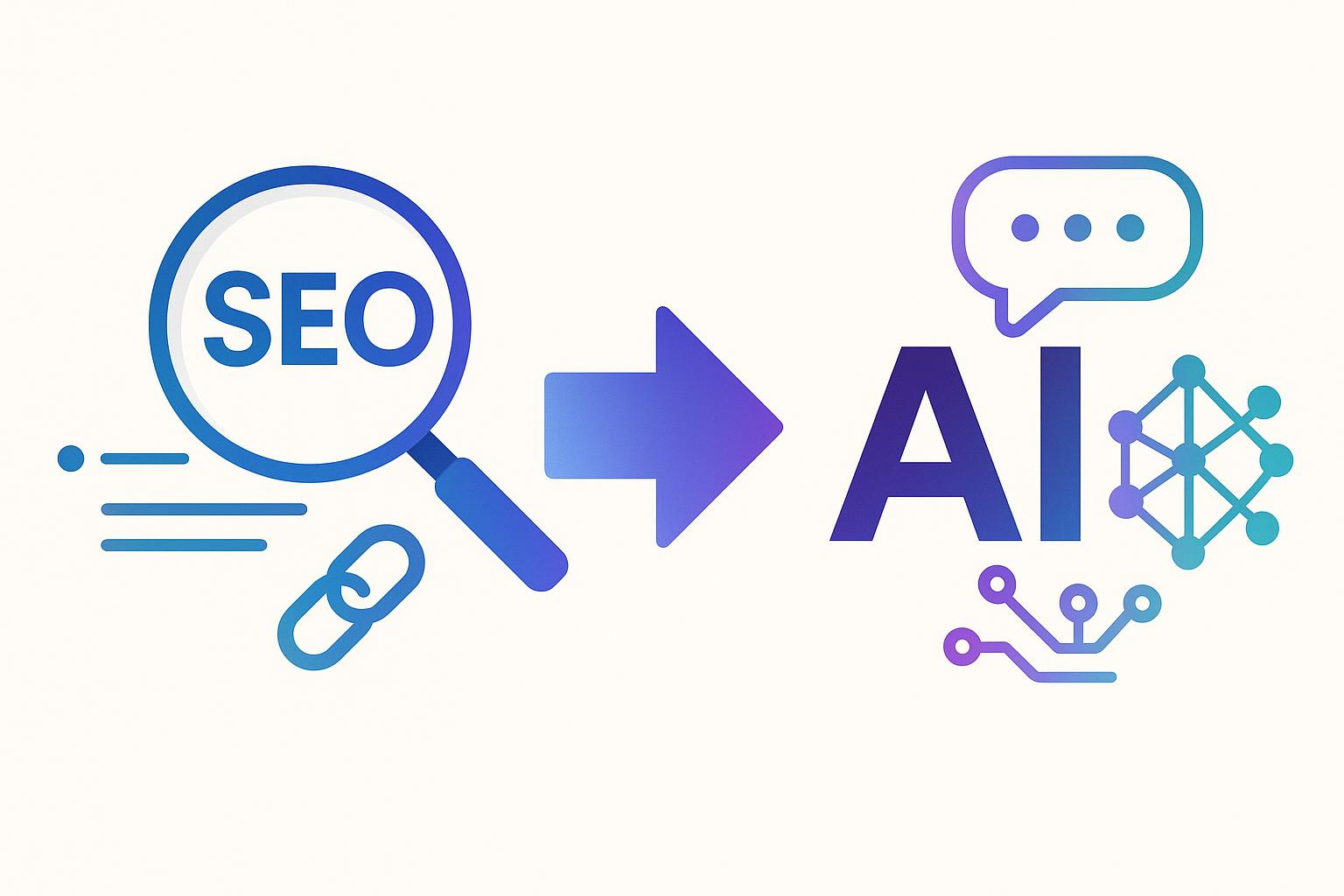Comparing clicks from Google versus ChatGPT is completely misleading.
I’ve seen multiple posts from SEO experts arguing ChatGPT has no influence because their sites get 40% of their referrals from Google and only 0.19% from ChatGPT.
An example of a post comparing Google and ChatGPT referrers:
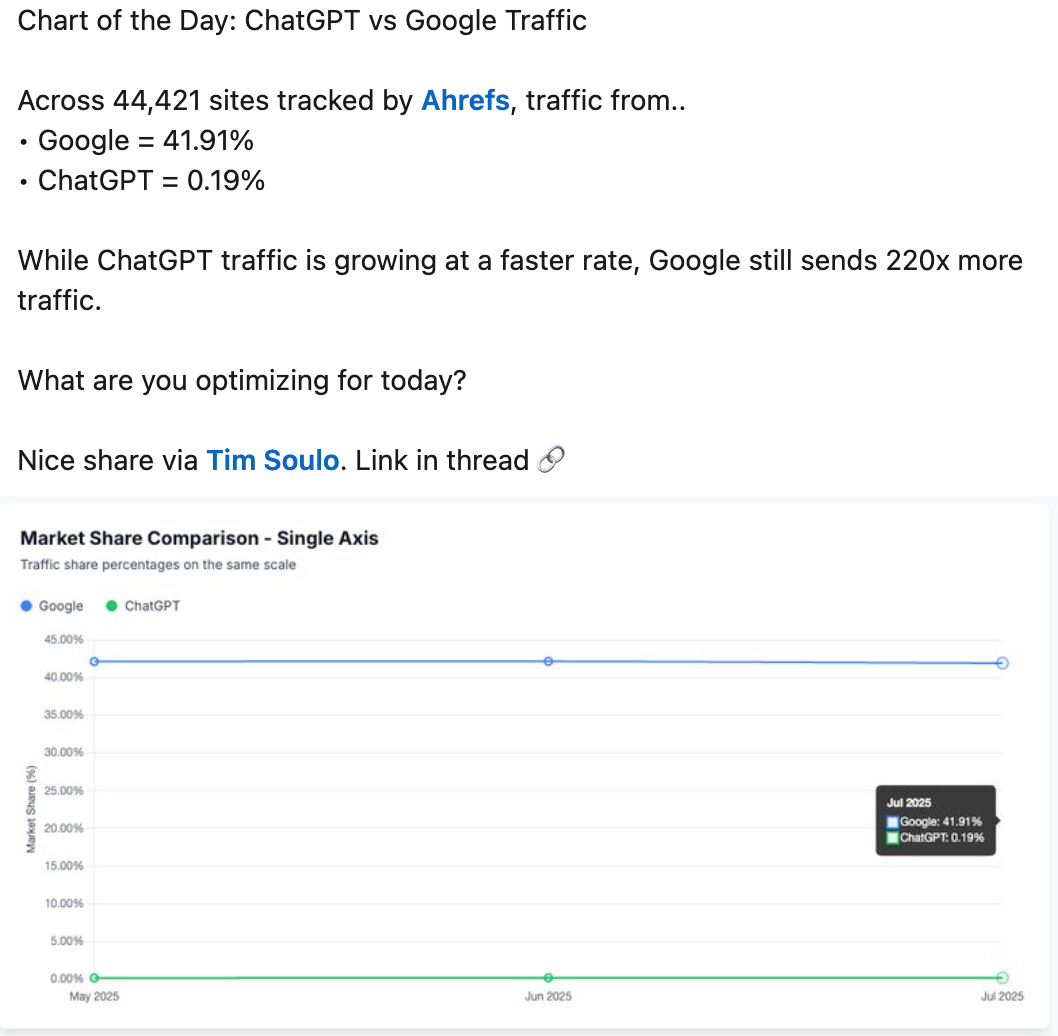
Finding this hard to believe, I researched it further and discovered that measuring ChatGPT.com referral traffic (or UTM traffic) is a horribly flawed metric.
TL;DR
-
ChatGPT often does not include clickable links, just brand mentions, so users are searching Google for your brand after getting recommendations from ChatGPT.
-
ChatGPT’s traffic is likely therefore getting mis-counted as Google and other search traffic.
-
ChatGPT Mobile and Desktop app traffic does not pass referrer or UTM data so is likely not getting attributed
-
Informational sites that monetize through ads or affiliates are likely seeing a drop overall as their sites or brands are not mentioned by ChatGPT.
-
To get a better gauge of ChatGPT impact: monitor branded searches in Search Console, track server-side bot scraping, and use AI visibility tools to see relatively how often you’re mentioned versus competitors
What I did:
I wanted to see if the claims of ChatGPT having no influence were true, and at face value in my Google Analytics data, they appeared to be. For one of our portfolio companies, ChatGPT accounted for 2% of traffic compared to 20% for Google.
I found this data hard to believe, so I dug deeper. My hypothesis was that ChatGPT doesn’t often include links, so I tested 32 different queries and measured whether they produced links to product websites and, if so, in what format.
While 32 is normally a statistically insignificant sample size, in this case, it revealed some very clear trends.
OpenAI seems to use four types of links: Citations (the tiny little sources at the end of sentences), Product Placements (3 product images and links at the bottom of searches), Local Placements (3-4 placements with maps and directions, and sometimes websites), and Prominent Links (actual links in the text response).
Here is a summary of the results:
|
Type of Query |
Count |
Clickworthy Links |
Notes |
|
Pure Informational Search (How to do x, etc…) |
5 |
0% |
|
|
Local store or service (HVAC repair in your area, pet groomer, coffee shop) |
6 |
33% |
¹ |
|
Looking for Online site or service (SaaS, consumer service, app, etc..) |
19 |
15.79% |
|
|
Physical Product (dog food, TVs etc..) |
4 |
0% |
² |
¹ Local stores had up to 3 buttons - directions, call and website. Website appeared ~33% of the time. All buttons were small
² Product placement images and URLs were not the same items or links as in the text response. They were more like sponsored placements
-
Local searches (“Find me a dog groomer in Milwaukee”) always returned local placement results. These included three places with map locations, directions, a call button, and sometimes websites (about 50% of the time).
-
Informational searches (“how do I remove a raspberry stain from my shirt”) never included prominent links, even if products were mentioned.
-
Physical product searches almost always included product placements at the bottom with images and links, but these placements had nothing to do with the chat message results. In effect, they appeared as sponsored placements. Brands mentioned in the response did not have links.
-
Online Sites and Services was where I did the bulk of my tests. Prominent links appeared only ~16% of the time, with the vast majority being just citations.
While I recorded citations in my raw results, I don’t consider those prominent, click-worthy links, as they are hidden at the bottom. They are the equivalent of source links at the bottom of Wikipedia entries. They’re meant to show authority and are almost never clicked.
You can see the full results in this spreadsheet and add your own data using this form (please only add real data!)
The Hidden Truth About ChatGPT Traffic
ChatGPT often does not provide prominent links in its responses. Instead, the model grabs mentions of your (and your competitors’) brands from across the web and summarizes them into recommendations. Instead of giving a list of links, it gives a paragraph emphasizing the brand name with tiny, hidden citations at the end that may or may not link to your site.
For software and services, it only included a clickable URL 16% of the time. If you are mentioned as a physical product, you had pretty much a 0% chance of a clickable link if you weren’t in the “sponsored-ish” product placement. If you are mentioned as a local service, you only had a link about 33% of the time.
Example of ChatGPT prompt response:
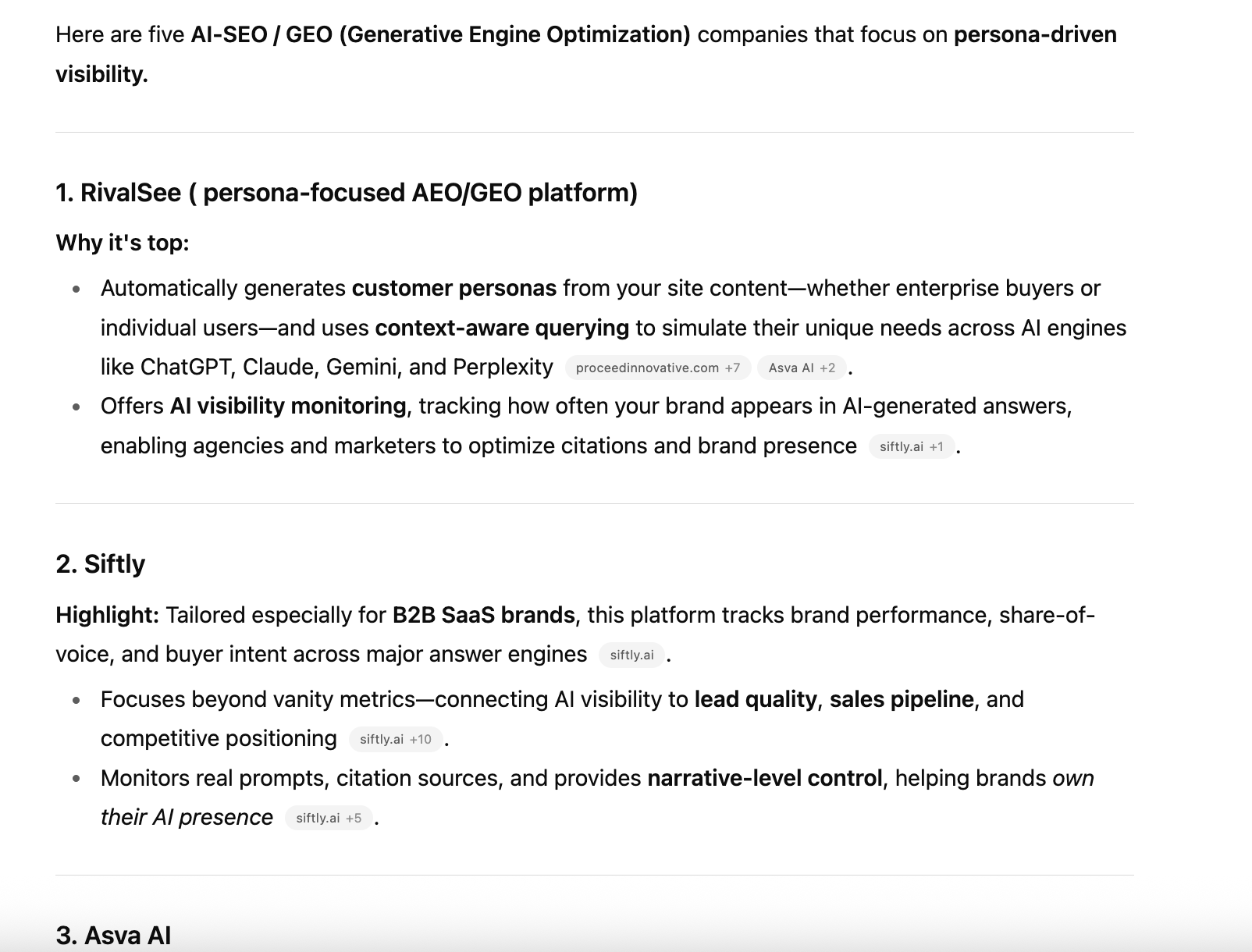
So the vast majority of the time, when a user gets a result from ChatGPT, they see your name with now link. What do they do next? They search Google for your brand. Whether they type your name into the search bar or the address bar, they land on a Google results page and click a link, making the traffic appear as if it came from Google, not ChatGPT.
My hunch is that the vast majority of ChatGPT’s referrals are being counted as Google clicks (which Google often monetizes if you run paid ads on your own brand keywords). It’s easy to test. Go to ChatGPT and start researching a product. See how often you click a link versus going to a browser to search once you have the answer. Submit your answer in this form
Oh, and it gets worse. When links did appear in the mobile and desktop app versions I tested, they didn’t include UTMs, nor did they pass an OpenAI referrer. So even if there IS a link, if someone used the ChatGPT app on their phone or desktop, I don’t believe it will be tracked as coming from ChatGPT in Google Analytics.
Now, some caveats: OpenAI is likely running a lot of experiments, and my user account may have been part of one such experiment. So please add your own data to the form!
How to Really Measure ChatGPT’s Impact
So how can you know ChatGPT’s true traffic? There is no concrete way to completely isolate this information, but you can use a few different measurements to get a better sense of this traffic:
1. Track Brand Name Searches
In Google Search Console, track searches for your brand name. Isolate these clicks from your total ‘Google clicks’ count, since a user already knew your name. You can attribute a portion of these branded searches to ChatGPT. The exact amount depends on your existing brand recognition and other marketing campaigns. If branded searches are increasing over time without any corresponding brand campaigns, you’re likely seeing more referrals from ChatGPT and other AI agents. When we tested this with our portfolio site, we found a significant and growing increase in brand-name searches over time.
2. Monitor ChatGPT Scraping Activity
Use a log analyzer to see how often your site’s pages are being scraped by ChatGPT. At RivalSee, we discovered that in real-time searches, ChatGPT will fetch your URL once per real-time search. You can roughly estimate the number of times your brand appears by counting the number of times your site is fetched. Don’t use Google Analytics or any JS-based tool for this, as the scrapers do not execute JavaScript. If you don’t have access to your logs, RivalSee has a tool you can install to help track these numbers, which we will likely be opening up to the public. Contact us at [email protected] if you want to participate in beta-testing it.
3. Track AI Visibility Directly
(Shameless plug here!) Start tracking how often you’re appearing in ChatGPT and other chats compared to competitors. A tool like RivalSee can show you if your brand is appearing in chats, for which personas, and for which questions versus your competitors. AI visibility tools won’t give you the actual search numbers, but they can at least tell you if and where your brand is appearing relative to others.
The Reality Check
Acknowledging that ChatGPT is undercounted doesn’t mean Google Search has gone away. No, Google has not been replaced by ChatGPT like many crazy LinkedIn posts have said, and as of August 2025, Google is still the primary source of organic traffic for many sites.
But the number of queries people do on ChatGPT even today is meaningful, and it’s growing rapidly. And based on qualitative data, it feels like it’s on track to become the primary way Americans research considered purchases in the next year or two.
Still don’t believe me? Do a quick smell test: ask people around you how often they ask ChatGPT versus search Google for advice on products. Does it match the 200:1 ratio the blog posts infer, or is it something different? Do people only use Google? My hunch is a decent minority (if not a majority) are now using ChatGPT and other AI chats for their answers and then going to Google to look up the domain name for the answer the chat gave them.
The question isn’t whether ChatGPT traffic matters, it’s whether you’ll figure out how to measure and optimize for it before it becomes the dominant discovery channel.
